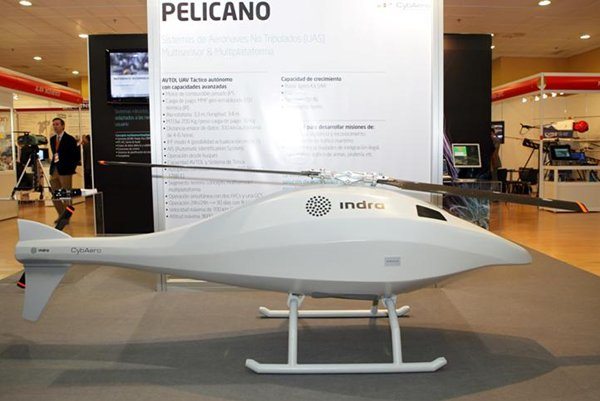AMBERLEY, Queensland: The first five Boeing F/A-18F Super Hornets for Australia landed at Royal Australian Air Force (RAAF) Base Amberley on March 26, bringing the next generation in air combat capability to the multirole fighter’s first international customer.
The Super Hornets, piloted by RAAF aircrews, departed U.S. Naval Air Station Lemoore, Calif., on March 18 and made scheduled stops in Hawaii, Pago Pago and New Zealand on the way to Amberley.
The Australian Minister for Defence, Senator John Faulkner, welcomed the RAAF Super Hornets to Australia at a ceremony on the base. Dennis Muilenburg, president and CEO of Boeing Defense, Space & Security, joined Faulkner at the event.
“The men and women of Boeing are honored to provide the next generation in air combat capability to the Royal Australian Air Force and proud to deliver it on time and on budget for all Australians,” said Muilenburg. “The arrival of these Super Hornets marks a new chapter in a partnership between Boeing and Australia that has endured for more than 80 years. The exceptional collaboration and teamwork between Australia’s Defence Materiel Organisation, the Royal Australian Air Force, the U.S. Navy and the Hornet Industry Team was the foundation that ensured these new Super Hornets are now ready to begin their RAAF service.”
Among the other officials attending the event were Australian Defence Secretary Ian Watt; Air Chief Marshal Angus Houston, Chief of the Defence Force; Air Marshal Mark Binskin, Chief of Air Force; and U.S. Navy Rear Adm. Mark Skinner.
Australia announced its intent to acquire 24 Super Hornets in March 2007. The remaining 19 aircraft, each equipped with the Raytheon-built APG-79 Active Electronically Scanned Array (AESA) radar, will arrive in Australia throughout 2010 and 2011.
“The on-schedule arrival of the new Australian Super Hornets marks the beginning of a new generation of air power for the RAAF,” said Group Captain Steven Roberton, Officer Commanding the Super Hornet Wing. “The multirole Super Hornet is an advanced, networked weapons system that provides a major leap in capability for the RAAF.
“We are looking forward to the new operational capability,” Roberton continued. “The Super Hornet employs advanced networked sensors that provide its two aircrew with total situational awareness, enabling them to conduct simultaneous air-to-air and air-to-ground operations.”
The Boeing Super Hornet is a multirole aircraft, able to perform virtually every mission in the tactical spectrum, including air superiority, day/night strike with precision-guided weapons, fighter escort, close air support, suppression of enemy air defenses, maritime strike, reconnaissance, forward air control and tanker missions. Boeing has delivered more than 420 F/A-18E/Fs to the U.S. Navy. Every Super Hornet produced has been delivered on or ahead of schedule and on budget.
A unit of The Boeing Company, Boeing Defense, Space & Security is one of the world’s largest defense, space and security businesses specializing in innovative and capabilities-driven customer solutions, and the world’s largest and most versatile manufacturer of military aircraft. Headquartered in St. Louis, Boeing Defense, Space & Security is a $34 billion business with 68,000 employees worldwide.









